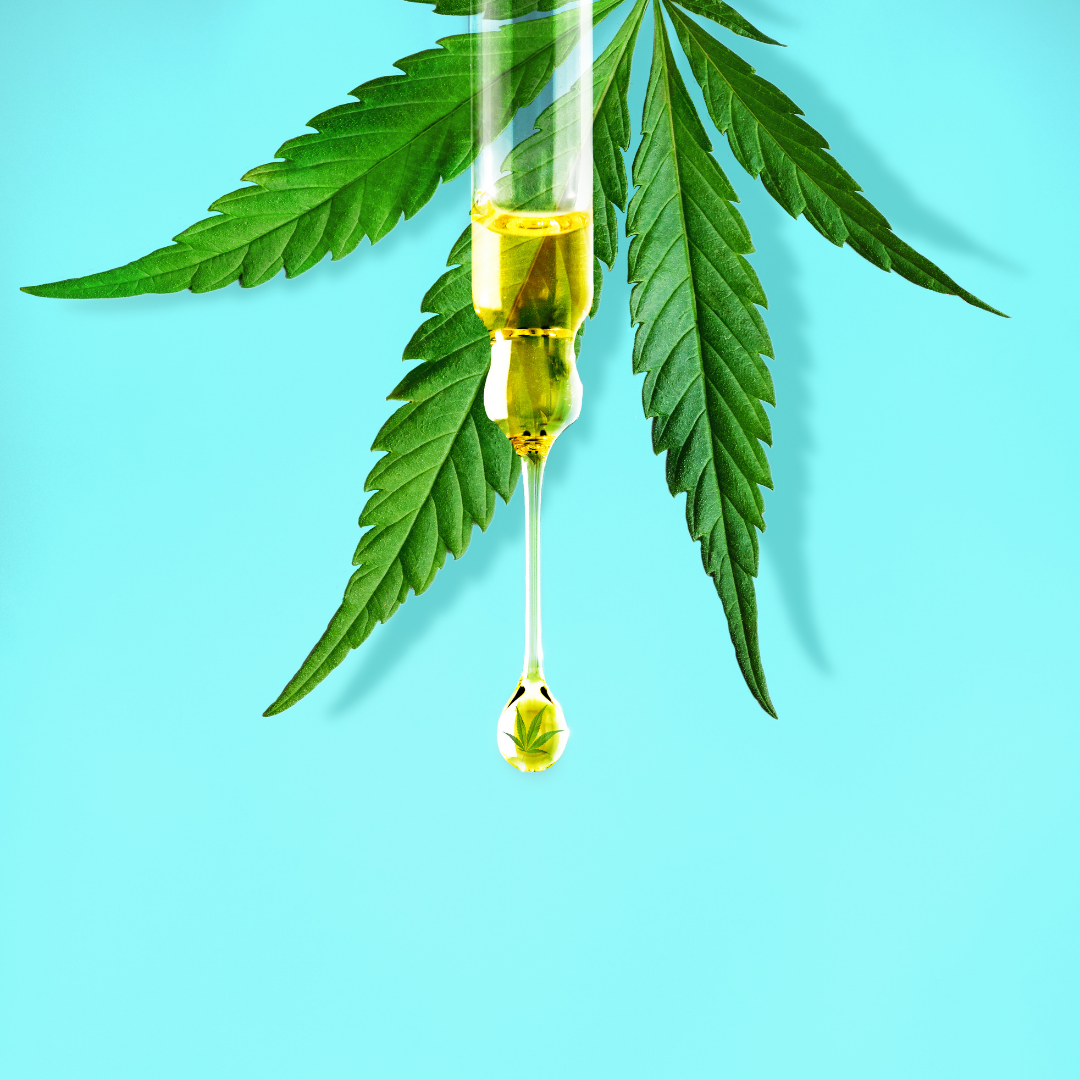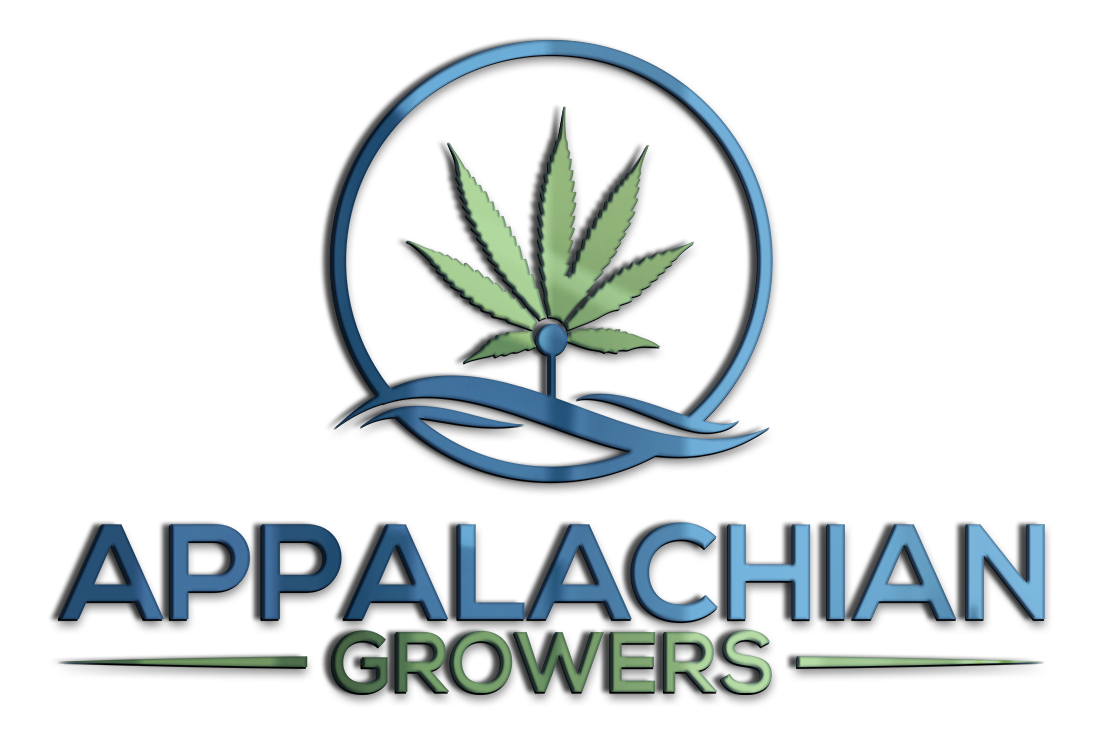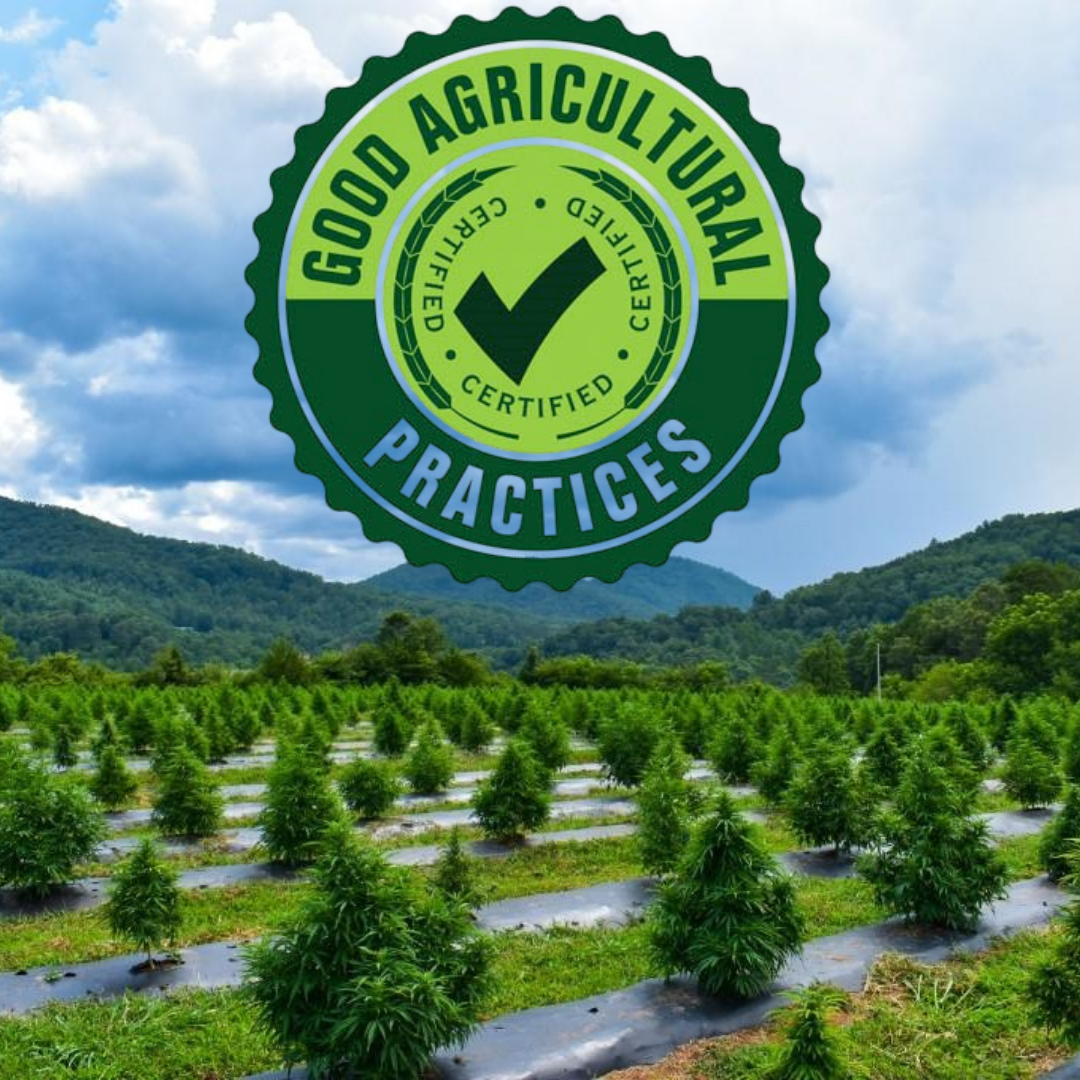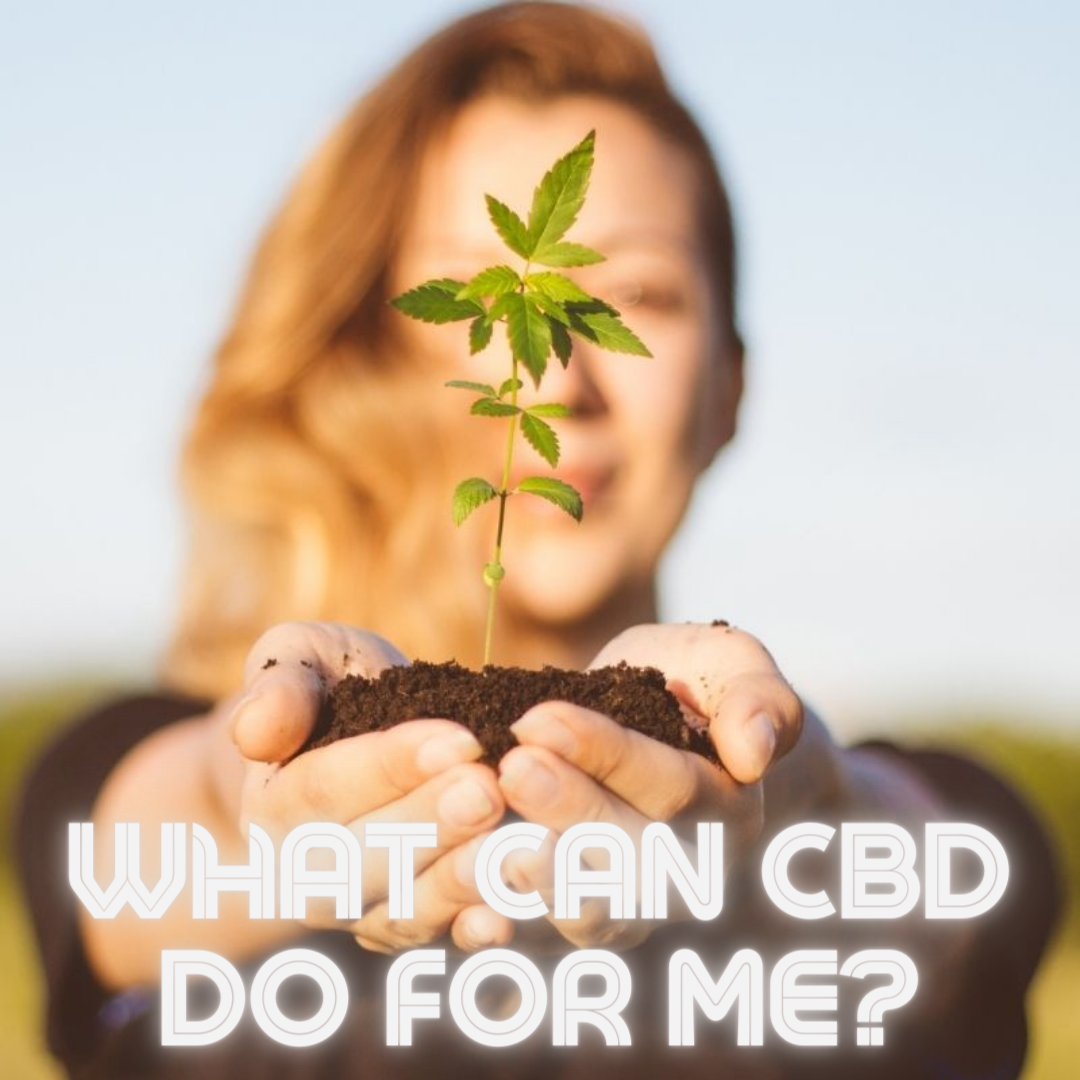Here at Appalachian Growers we are always wanting to educate people on CBD and the benefits people can see from it! We came across this great article by Dr. Felecia L. Dawson and she does a excellent job of breaking down the importance of CBD and the Endocannabinoid System as a whole.
We are being inundated with all things CBD!
CBD, or cannabidiol, an ingredient derived from hemp and cannabis, is coming at us in many forms—from oil to infused clothing and linens. While CBD may be relatively new to the market, our bodies know the compound well because CBD interacts with the body’s endocannabinoid system (ECS), which is now considered to be one of the most important systems in the body for maintaining our health.
Discovered as recently as the 1990s by researchers who were trying to understand how cannabis affects us, the ECS is believed to be critical in helping the body maintain balance and homeostasis. It is considered a “master regulator” and performs different tasks involving the nervous, immune, hormonal and other systems that contribute to our ability to think, move and digest, fight off infections and cancer and even experience pleasure.
The ECS includes three key components: receptors, which, when stimulated, help to promote homeostasis in the body, reduce pain and curb inflammation; endocannabinoids, which activate the receptors; and enzymes that break down the endocannabinoids after they are used.
In 1998, Professor Vincenzo Di Marzo, a research director at the Institute of Biomolecular Chemistry of the National Research Council (ICB-CNR) in Naples, Italy, summarized the endocannabinoid system as one that helps us “relax, eat, sleep, forget and protect.” Six years later, in 2004, Dr. Ethan Russo hypothesized that many diseases—including chronic fatigue syndrome, lupus, fibromyalgia, cancer, endometriosis, autoimmune disorders, Alzheimer’s, migraines, anxiety, depression and even PTSD—are due to inadequate ECS function, for which he coined the term “Clinical Endocannabinoid Deficiency Syndrome.” Research now supports his theory.
Typically, when someone is ill with any of these diseases, at least one component of the ECS is present in abnormal amounts. For example, research has shown that people who have migraines or PTSD have fewer endocannabinoids in their systems than those who do not suffer from those conditions. Rebalancing the ECS with the help of cannabinoids like CBD can reduce pain and inflammation.
12 Ways to Keep Your Endocannabinoid System at Its Best
Consume at least 1000mg of Omega-3 fatty acids every day.
Ninety-five percent of Americans are deficient in Omega-3 fatty acids. The body uses Omega-3 and Omega-6 fatty acids to make endocannabinoids, but Omega-3s produce higher-quality endocannabinoids. The average American diet is heavy in Omega-6 fatty acids, however, due to the corn and soybean oils found in so many processed foods. These promote chronic inflammation, the number one cause of most chronic diseases. On the other hand, Omega-3s are anti-inflammatory. To help with autoimmune diseases, 3000mg of Omega-3s are recommended daily. Good sources include wild-caught salmon and sardines, fish oil, algae-derived Omega-3 oil, eggs from pasture-fed chickens, walnuts and hemp seeds or oil.
Eat at least five servings of vegetables with spices.
It is important to eat a variety of vegetables containing all the colors of the rainbow. Leafy greens, in particular, contain certain terpenes, which are organic compounds that give fruit, vegetables and other plants (including cannabis and hemp) their color and flavor. They also affect our mood and decrease inflammation. Black pepper, oregano, cloves, hops, rosemary and cinnamon are some of the spices that contain these terpenes.
Sleep seven to nine hours per night.
The body repairs and detoxifies itself, especially the brain, while we sleep. Inadequate sleep and chronic stress not only interfere with these important functions, they deplete the ECS. Prolonged sleep deprivation is a chronic stressor; sufficient sleep is essential to good health.
Move your body at least 150 minutes per week.
Some combination of aerobic, strength training and flexibility exercises is best for long-term wellness. Exercise that you enjoy stimulates the production of endocannabinoids causing “the runner’s high.”
Manage your stress.
Again, chronic stress tears down the ECS. Beginning your day with a meditative practice like reading an inspiring book, having a cup of tea, taking a morning walk in nature or deep breathing can make a difference. Meditation is particularly beneficial because deep breathing from the belly moves the diaphragm and vagus nerve, which activates the parasympathetic nervous system, promoting rest and repair. Doing something physical when stressed is the quickest way to release tension, so get up, take a walk, do some jumping jacks or squeeze a ball to get moving.
Limit alcohol and caffeine intake.
Chronic, excessive intake of alcohol or caffeine is a physiological stressor that tears down the ECS. Baseline endocannabinoid levels and CB1 receptor function decline over time.
Consider electroacupuncture.
Studies show that electroacupuncture increases endocannabinoid levels in the skin.
Consider bodywork.
Both osteopathic manipulation and massage can increase endocannabinoid levels in the skin.
Eat organically or at least avoid the “dirty dozen.”
Monsanto, now owned by Bayer, is facing multiple lawsuits claiming its pesticide, Roundup, causes cancer. Some pesticides also disable CB1 receptors. More and more research is showing that pesticides, artificial preservatives, dyes and genetically modified organisms (GMOs) are at the root of many chronic diseases and cancer. If you consume animal flesh or fish, be sure they are free-range and wild-caught, respectively. The higher up on the food chain, the more concentrated the toxins. Additionally, eat only organically-grown produce and avoid the "Dirty Dozen"—the Environmental Working Group’s annual list of non-organic foods that contain the most pesticides. For 2020, that list includes strawberries, spinach, kale, nectarines, apples, grapes, peaches, cherries, pears, tomatoes, celery and potatoes.
Avoid plastic and tin food containers.
Phthalates, chemicals frequently found in plastic and tin storage containers, block cannabinoid receptors. It’s essential to avoid food cooked or heated in plastic. Glass or stainless steel food containers are safer.
Socialize, play and sing!
We know we feel better and stress disappears when we play. We also know that people with strong social bonds—especially in-person connections—tend to be healthier. Studies with rats show that those who are socially isolated have fewer cannabinoid receptors, while those who play and exhibit grooming behaviors have increased ECS tone. In addition, a small study of postmenopausal women recruited from a choir demonstrated increased endocannabinoid levels after singing. The key is to do what brings you joy.
Supplement with phytocannabinoids (medical cannabis or CBD) that have been tested by an independent third-party lab.
If you were born with or have acquired CEDS , or if you experience any of the conditions listed at the top of this article, you might benefit from medical cannabis or CBD.
Learn more about Dr.
Felecia L. Dawson at http://doctorfelecia.com/.





Leave a comment
This site is protected by hCaptcha and the hCaptcha Privacy Policy and Terms of Service apply.